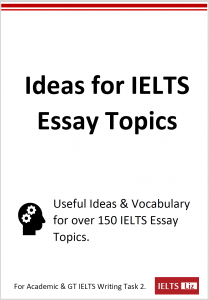Hi guys,
I just wanted to wish you a very wonderful 2025!
Yet another year is here and yet another chance for us to reach our goals in life. Life is much shorter than we realise and it’s so easy to waste time. Lets use this year to focus on what really matters.
I’m sure we all hope for an end to conflict in the world and for a world where all doors are open to everyone. But even if the world isn’t going in our direction, it doesn’t mean we can’t change our small corner of the world. Each person we help, each person we show kindness to and each person whose differences we respect can bring a vital positive effect into the world.
Take care of yourself this year! Wishing you all the best, always.
See you in 2025!
Liz
HAPPY 2025 !! From Liz










